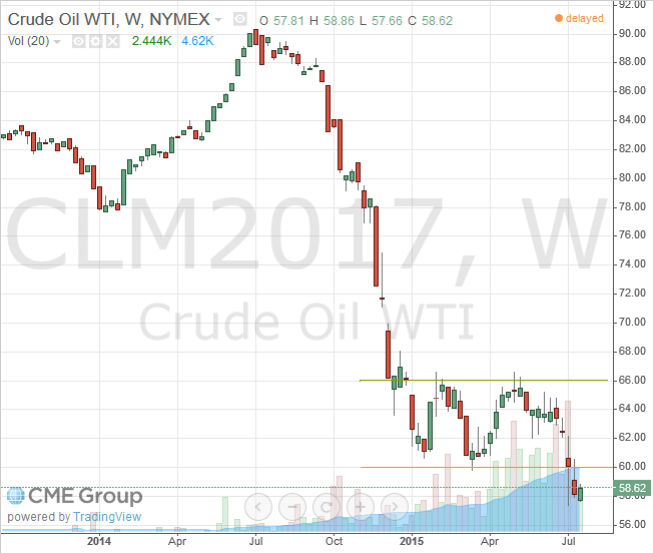The last three decades was the era of zombie banks, with financial crises threatening the very survival of our financial system. Major banks close to the edge of the precipice, first in Japan but followed by the USA and Europe, were only rescued by drastic action by central banks. The flood of easy money kept the zombie banks afloat but every action has unintended consequences, especially when you are the Fed, BOJ or ECB.

Now that the Fed is attempting to unwind its swollen $4.4 trillion balance sheet — see The Big Shrink Commences — and normalize interest rates, Stephen Bartholomeusz at The Age highlights some of the unforeseen consequences:
US rate hikes are already sending threatening ripples through other economies as capital flows towards the US and the US dollar strengthens.
Argentina has sought assistance from the International Monetary Fund. Turkey, Indonesia, the Philippines, Brazil, India and Pakistan have all been forced to raise their rates to defend their currencies.
US monetary policy and its rate structure is setting it apart from most of the rest of the developed world in a fashion that will impose pressure on economies that may be more fragile than they might previously have been regarded in an ultra-low global rates environment.
…..A consequence of the policies pursued by the Fed, the ECB and the Bank of Japan since 2008 has been a significant increase in global debt – at government, corporate and household levels – as ultra-low rates and torrents of liquidity ignited a global borrowing binge.
There was a particular appetite in developing economies for US dollar-denominated debt, which became abundant and cheap as US investors were incentivised and enabled by the Fed to take on more risk in return for higher returns.
The US rate rises, combined with a stronger US dollar, are now putting a squeeze on emerging market economies.
If the ECB were to also start unwinding its stimulus, economies and banking systems within the weaker southern regions of the eurozone would come under intense pressure, along with more debt-laden companies.
It shouldn’t come as a surprise to anyone that after a decade of unprecedented policy interventions in economies and markets there could be unintended consequences that emerge as those policies are wound back.
The ECB indicated overnight that it will halt bond purchases at the end of 2018 and plans to keep interest rates accommodative “through the summer of 2019 and in any case for as long as necessary…”
ECB unwinding still appears some way off but tighter monetary conditions emanating from the Fed may be sufficient. Developing economies that gorged on low-rate US dollar-denominated debt during the liquidity surge are finding themselves in difficulties as the tide goes out.
Meanwhile in Australia
From Karen Maley at the AFR:
Australian banks are being squeezed by higher borrowing costs as the US Federal Reserve accelerates its interest rate hikes and drains liquidity from global financial markets…..
The woes of the local banks have been exacerbated by an unexpected and savage spike in a key Australian short-term interest rate benchmark – the three-month bank bill swap rate, or BBSW, in the past few weeks.
Analysts estimated that the spreads paid by Australian banks have climbed by close to 40 basis points since the beginning of the year, which has swollen the wholesale borrowing costs of the country’s banks by some $4.4 billion a year.
The ASX 300 Banks Index is headed for a test of primary support at 7000/7200. Breach of 7000 would warn of another decline, with a long-term target of the September 2011 low at 5000.

Aussie banks are being squeezed by higher interest rates on their international borrowing but are unable to pass this on to borrowers for fear of upsetting the local housing market. House prices are already under the pump, especially in the top end of the market.
Zombie banks would be too harsh but Aussie banks are in for a rough time over the next year or two.










